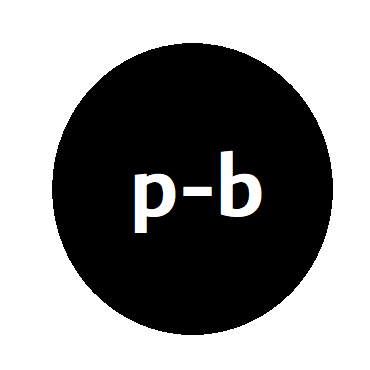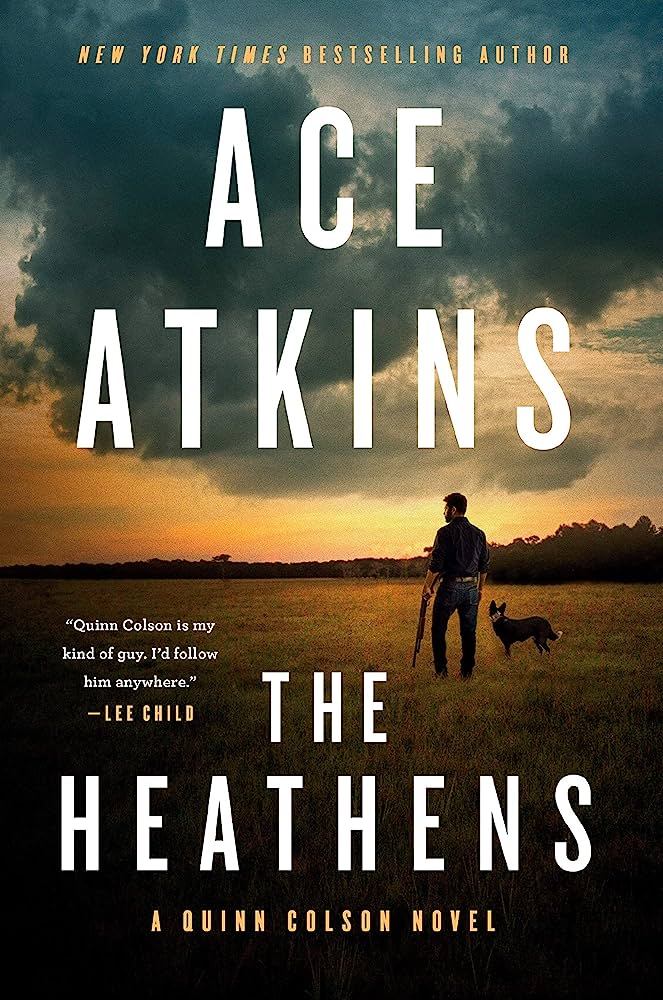

To stumble upon Ace Atkins on book twenty-something of an already illustrious writing career ranks super high on a list of top things to find later in life.
"The Heathens" fits snuggly within the territory of top-quality crime writing, easily catapulting the writer into my top three favorite genre authors alongside Walter Mosley and James Lee Burke.
In this eleventh book of the Quinn Colson series, Aitkens offers the ordeal of TJ Byrd, a teenage girl, forced to go on the run with an assortment of wonderfully rendered characters, including her nine-year brother, John Wesley, because authorities suspect her as the prime suspect in her mother’s brutal murder.
In a vividly drawn account of life-on-run across the USA’s South we learn of TJ’s life, a young woman forced to grow up too soon by becoming the carer to her younger brother, because her own biological mother doesn’t have the wherewithal to manage the job. In TJ’s mind, having a big mouth and a tendency toward minor mischief, including physical altercations with her surviving parent, problematizes her possibility of receiving a fair hearing from the justice system.
Whilst exposing the quick-to-judge flaws within policing and wider society, particularly with lower-class suspects, we also see the power of social media as a tool for the powerless. Using Instagram to tell her story of events that led to a life on the run, including later acts of criminality such as robbery and even another killing, TJ, through the efforts of fellow runaway, ‘cool’ girl Chastity Bloodgood, discovers how a groundswell of support can play an important factor in shifting the thinking of the institutions of justice.
Ostensibly, this is not a story of Sheriff Quinn Colson or his former partner, now US Marshall Lille Virgil. We gain access to Lille and the man, his character, and home life with and new baby daughter, but he stands as a foil for the story’s other principal characters, TJ, Chester Pratt, and Johnny Stagg; the latter two being chief antagonists in our tale. Instead, Quinn’s role is to highlight, albeit non-confrontationally, that the justice system isn’t always fair. He has his principles and baggage, but also a strong moral compass that allows him to wait before passing judgment unless it concerns out-and-out bad guys.
The writing is crisp and to the point. Atkins isn’t trying to impress with his command of literary prose. Instead, he creates rounded characters, from the major to the walk-on, which moves the narrative along at a deceptively upbeat pace. My only (minor) quibble is with the use of pronouns around multiple characters. “He” gets used an awful lot. Sometimes some re-reading is needed to be certain who “He” is in a sentence. But aside from this one fault, we are in the presence of a master superbly in command of his craft.
For those seeking a new crime writer to appreciate, this receives major thumbs up from me. For those already familiar with his work, I can imagine this fits neatly into his oeuvre.
For me, all that is left is to track down more of Atkins’ work! Happy reading.